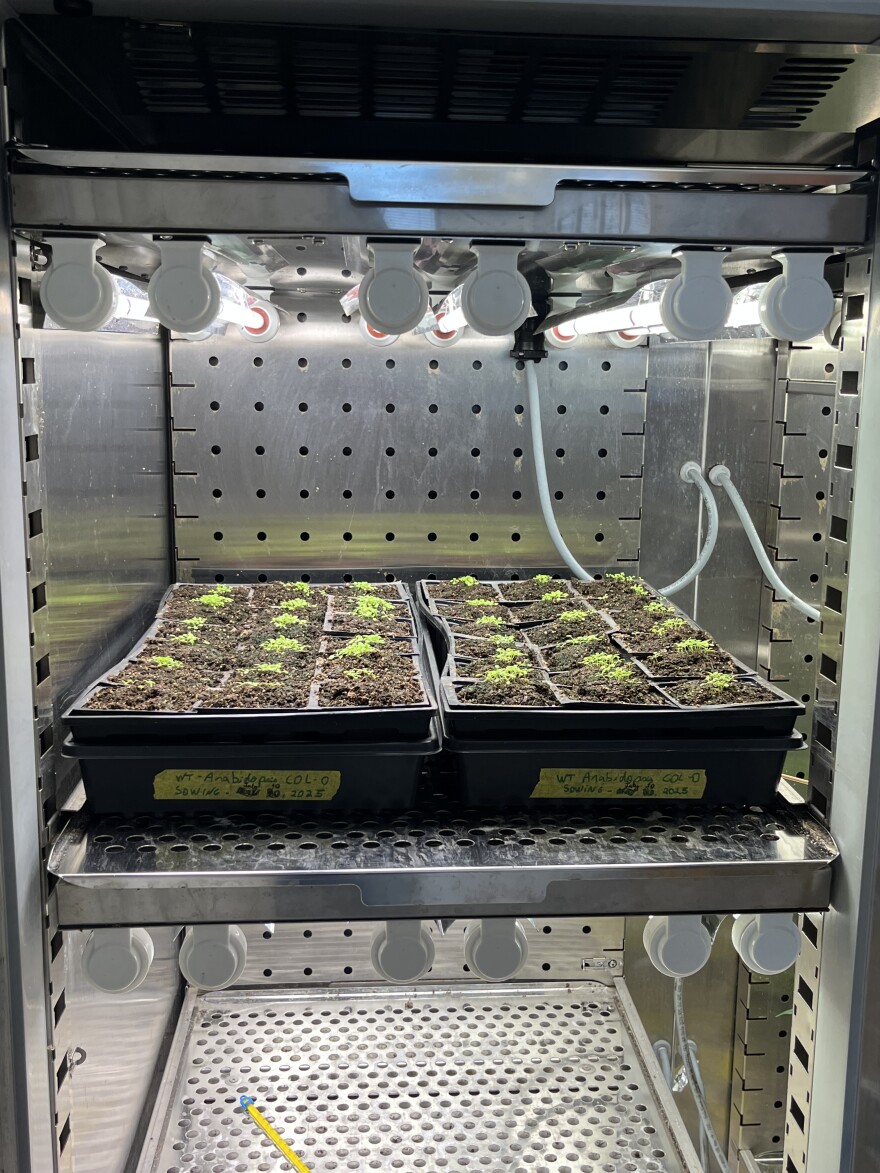A team of University of Missouri researchers has discovered a way to genetically modify a plant’s genes to produce more oil for biofuels.
Biochemistry professor Jay Thelen used arabidopsis, a type of mustard plant, to understand how modifying genetics can increase plant oil production for biofuels.
Thelen said they chose arabidopsis because it has a short growth cycle, about 6-8 weeks, and can be turned into oil within months. He also said there is a lot already known about the plant.
“It’s actually the first plant genome sequenced, it also has a lot of genetic resources in terms of gene knockouts available for it,” said Thelen, “it makes it a really ideal organism for studying oil seed biology.”
Thelen’s team discovered they could engineer plants to increase both seed oil and protein at the same time through pinpointing the plant’s metabolism, which leads to much more efficient biofuel production.
“Plant oils represent a major component of bioenergy,” Thelen said.
The ultimate goal of this research is to create a more sustainable energy source and move away from fossil fuels, which make up more than 70% of global greenhouse gas emissions, according to the United Nations, and take millions of years to form.
“There's no net increase in carbon dioxide, because that oil we burn from plants above ground was captured from the atmosphere just months before,” Thelen said.
Arabidopsis does not compete for food space, and can grow outside of the regular growth season. Contrast that with Ethanol, which is is made from corn, a food crop with a defined growing season.
The research team is working to modify other plants, such as camelina and pennycress, which are better for large-scale biofuel production.
Thelen says that even though this is a relatively simple scientific discovery, it is still just as important.
“Basic science is critical, it’s necessary and we have to appreciate it and respect it and value it as much as applied science,” Thelen said. “We need to make those basic discoveries to feed forward into the applied science arena.”




